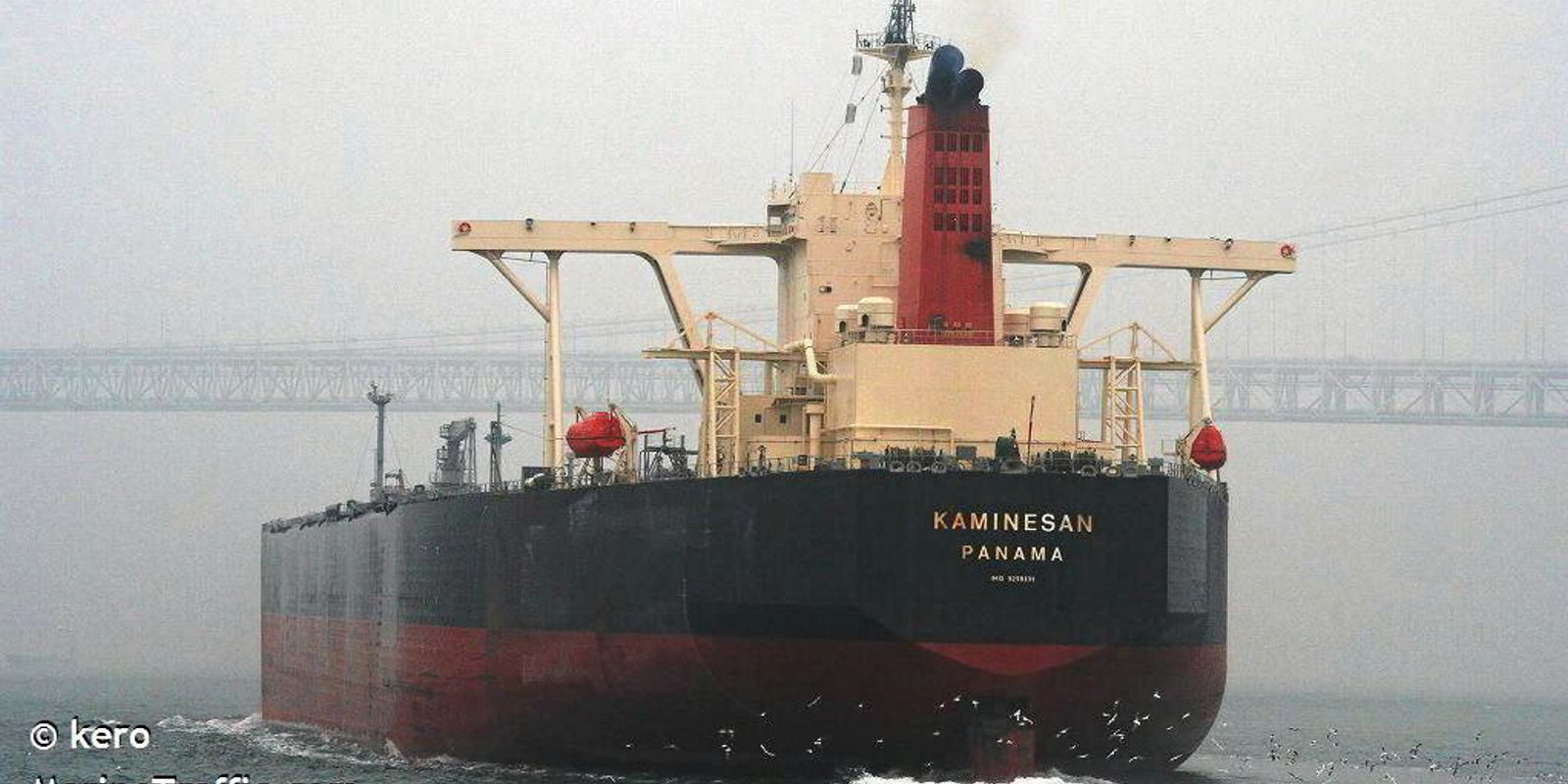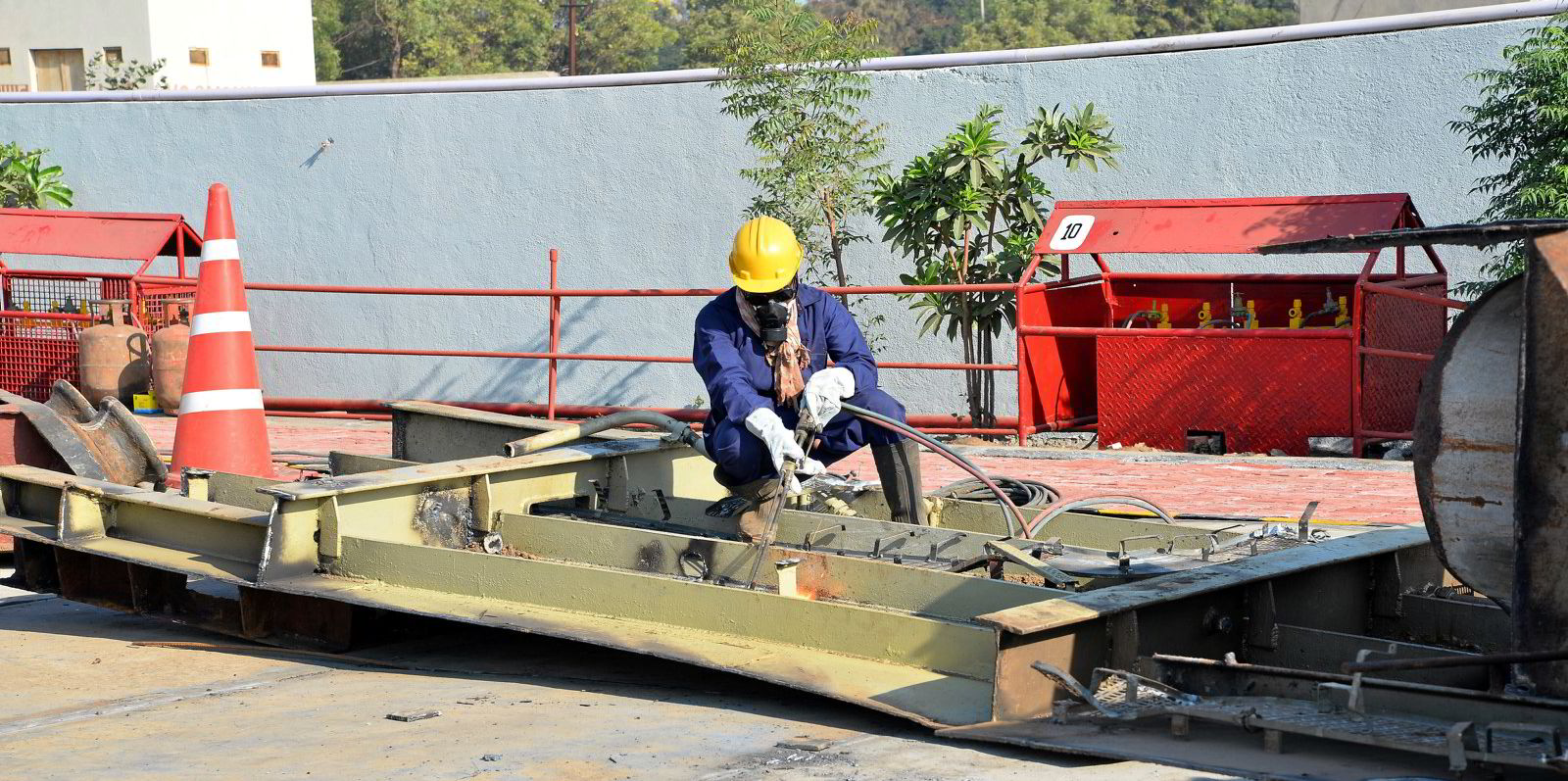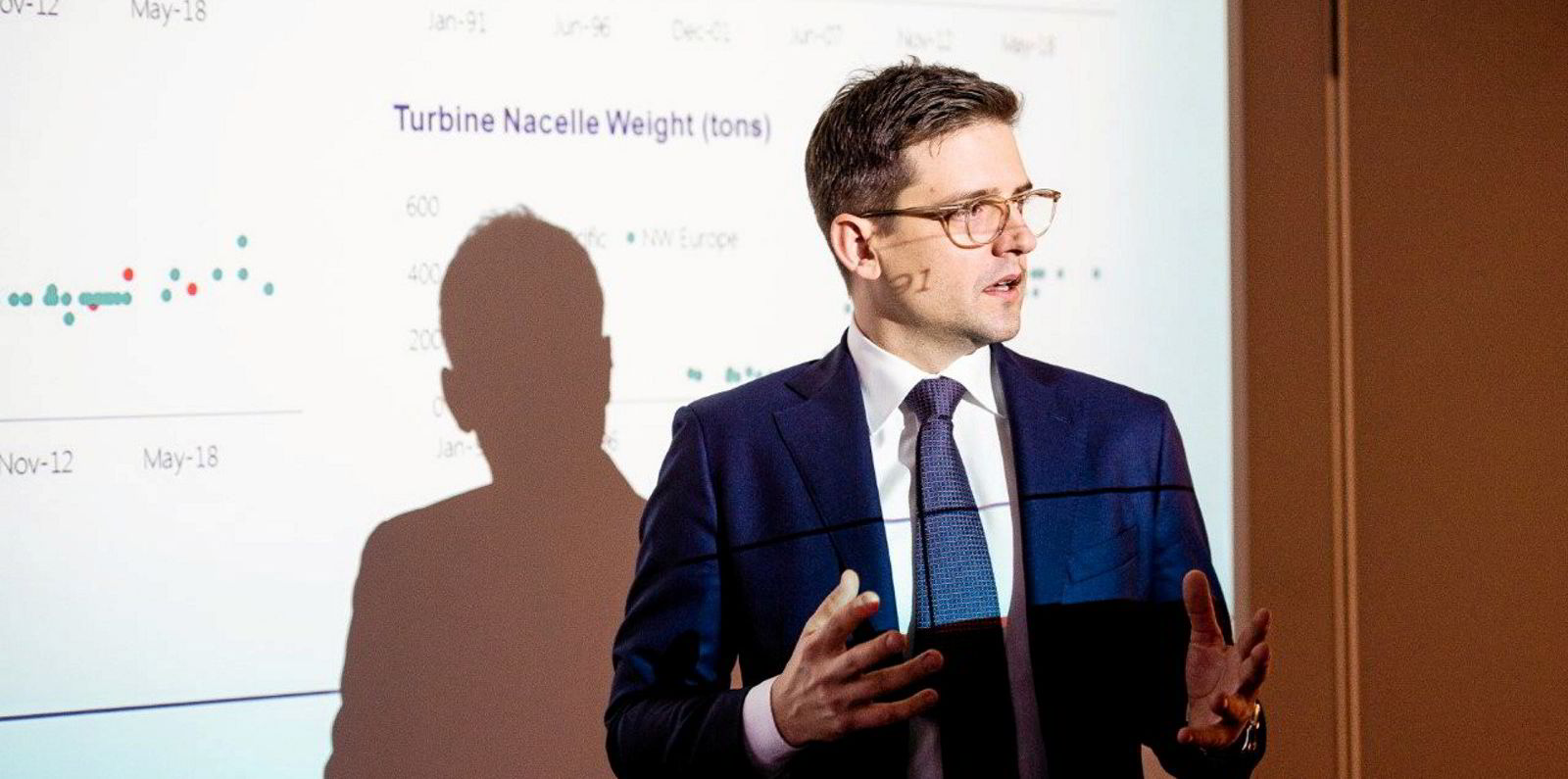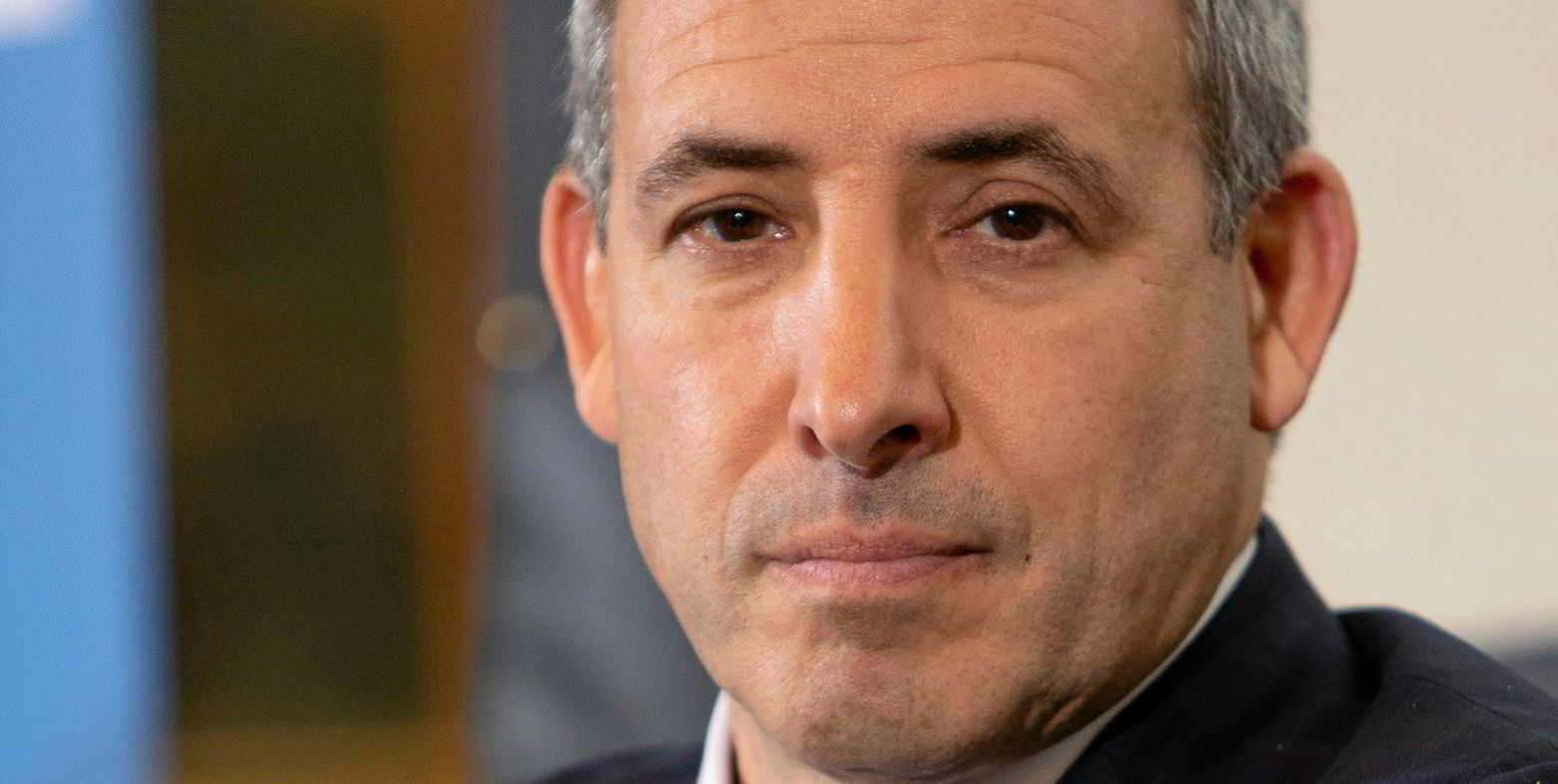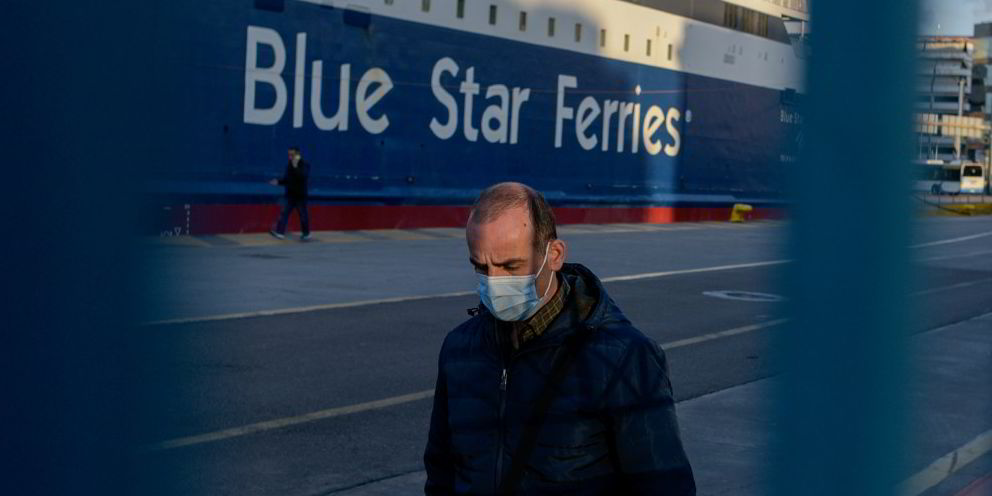Tanker giants Frontline and Euronav have suggested shipowners should recycle old tonnage amid uncertain demand outlook during the coronavirus pandemic, while joining forces in commercial management can also be a good option.
With earnings of crude tankers nearing their all-time lows due to limited shipping requirements, tanker owners are widely expected to reduce tonnage supply to stay afloat.
Clarksons Research data shows one suezmax and three VLCCs have been sold for demolition since last month, including the 304,000-dwt Eurodestiny (built 2003).
“We expect an increasingly busy recycling market as spot rates are subdued,” Frontline Management interim chief executive Lars Barstad told TradeWinds.
Barstad estimates about 6% of the total tanker fleet is currently above 20 years in age, and that another 49m dwt will reach the threshold in the next three years.
Old vessels tend to consume more fuel and emit more CO2, so they are generally candidates for scrapping.
“[The] regulatory framework is tightening, and there is an expectation for higher fuel prices as the world recovers from the Covid-19 pandemic,” Barstad said, citing other factors that could prompt more demolition.
Despite a recent correction, scrapping rates in South Asia remain 50% up on the previous trough in June, due to firm steel prices.
“Should we continue to have a supportive scrap price and challenged rates, we would expect to see further scrapping,” Euronav head of investor relations Brian Gallagher said.
When the market last experienced such combination in 2018, tonnage equivalent to 42 VLCCs was sent to junkyards, Gallagher added.
Brokerage Braemar ACM expects 35 VLCCs, 21 suezmaxes, and 36 aframaxes or LR2s to be scrapped in 2021.
Slow or idle ships

Shipowners can also reduce sailing speed or lay up their tankers to restrain vessel supply.
“No one is in a rush to secure cargoes nor to load any tanker,” Bimco chief shipping analyst Peter Sand said. “You sail to a loading area and wait for a cargo — for a longer time than during a normal, better market.”
However, while tankers are sailing slowly during their ballast legs, charterers will want them to maintain at least normal speeds in laden legs with the oil market backwardated.
There might also be limited room for further slow steaming. Clarksons data shows the average tanker speed has been between 11.3 and 11.4 knots since September, already the lowest since the assessment began in 2012.
“A lot of this is already being done,” Gallagher said.
Meanwhile, few tanker owners are expected to put their vessels into lay-up.
“Idling vessels is something one does when the markets are expected to be challenging long term … The general outlook is this down cycle [will] be relatively short lived,” Barstad said.
Others suggest that tanker owners, unlike their peers in the container or offshore sectors, often prefer to continue trading during market downturns due to the Oil Companies International Marine Forum’s Ship Inspection Report Programme (SIRE).
“I would need to have another SIRE inspection when reactivating a ship from lay-up before most oil companies would employ it,” said an owner.
More consolidation?
Barstad and Gallagher both reckon the time is ripe for more tanker operators to pool their vessels.
“There has never been a better or more appropriate time for smaller operators to join forces and join pools,” said Gallagher, whose company established Tanker International — one of the largest pool operators — in 2000.
But Sand questioned whether larger commercial management units can actually keep rates from falling during down cycles, citing the container sector as an example.
Aside from 2020, container carriers have suffered heavily in downturns despite alliance strategies and a more consolidated ownership structure than other shipping sectors.
“Not even a somewhat-consolidated [commercial structure] brings around any price-setters in the industry,” Sand said, adding that all companies are “price-takers in a very competitive market”.
Barstad, who also expects more owners to commercially manage their ships together, suggests environmental regulations would be as much a driver for consolidation as weak rates.
“Consolidation has been ongoing for a while in tankers, and this will most likely continue going forward as a growing sophistication is expected from the owners as regulatory frameworks tighten, in particular on greenhouse gas emissions,” he said.
“This consolidation is not primarily happening by way of mergers and acquisitions, but as … various pool structures.”
Barstad said his company “will always be looking at opportunities when they arise” and expects “interesting opportunities to come” as the market recovers from recent volatility, without elaborating.
